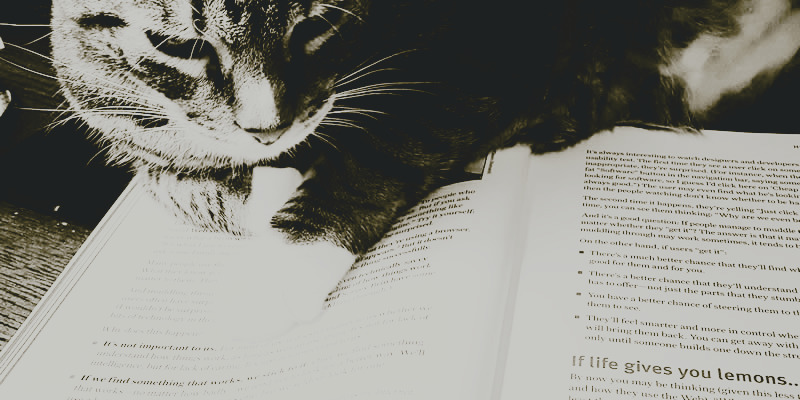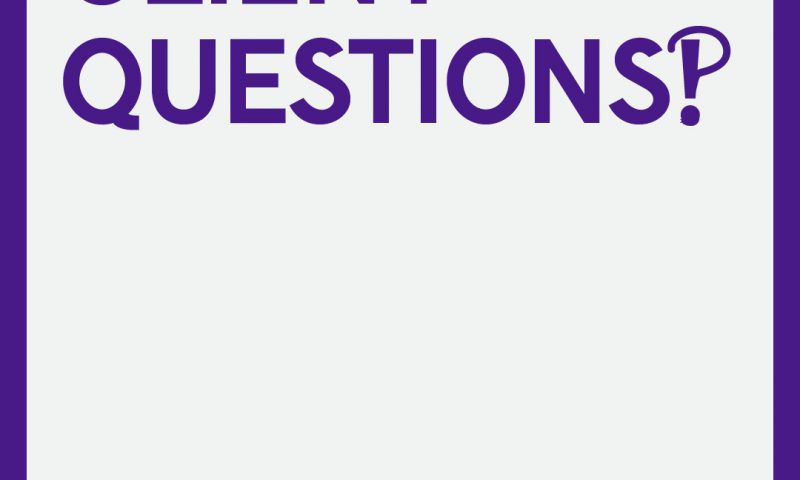
Four unexpected consequences of GDPR
So, how are you enjoying the new post-GDPR era? Are you feeling a warm sense of safety & security as you voyage through the internet? Does your data feel snugly tucked up, protected from the evil spam monsters? I’m optimistic that even if this is not currently the case, the mechanisms are now in place to move towards safeguarding our privacy. We are hopefully on the path to data security, we just have to navigate a couple of twists & bumps along the way.
1. Consent Fatigue

I wholeheartedly agree with everything that the GDPR stands for but in some cases the implementation has left something to be desired. I can’t be the only one becoming increasingly irritated by the constant stream of ‘Accept’ buttons an average daily browse is now requiring. I have a serious case of ‘consent-fatigue’. At this point, I don’t care what I am agreeing to, I click just to make the buttons go away.
Consent-fatigue is not a new pheomenon. There are some amusing cases of people signing up to digital terms & conditions containing gotchas or ‘Herod clauses’. People have agreed to hand over their first-born child or their soul in exchange for a service from a digital agency. Amazon were spotted adding a clause to their T&Cs that activated in the case a zombie apocalypse. So I suppose we really should be more diligent about thoroughly reading the terms & conditions before we agree to them.
2. Approximate reading time: 200 hours!

Well, someone has done the sums on this and estimates that it would take a minimum of 200 hours to read the privacy policies for all of the websites an average internet user visits each year. So unless you have a spare 30 working days per year, I can’t see that happening any time soon.
Happily there is an alternative to blindly clicking all the buttons. ‘Terms of Service; Didn’t Read‘ is a browser plugin that via crowdsourcing, analyses and grades privacy policies so you can be warned about the terrible small print in the policy you’re agreeing to.
3. Knowingly agreeing to awful policies

The reality is that there are some policies out there that are genuinely dreadful. In agreeing to them, we could be signing away the rights to our own digital content or agreeing that they can resell our personal data or allowing them to deactivate our device if we break the terms of service. Unfortunately just because the policy is terrible, doesn’t mean we won’t knowingly accept it. If the alternative is leaving our favourite gaming or social media platform forever, there are plenty of us willing to agree to the awful policies with our eyes wide open. (Maybe the people that agreed to the the Herod clause mentioned above were just willing to do anything for free Wifi?).
4. GDPR: helping you sleep

There is one potentially happy consequence of GDPR that may help offset the sleepless nights some people experienced in the run up to the 25th May deadline. The contents of the policy has been deemed so soporific that a narration of the document has been released as a sleep-aid by meditation app Calm. The app already provides what it calls “bedtime stories for grown-ups” and has added a section of the GDPR legislation document to its bedtime story list. “Once upon a GDPR” is read aloud by a former BBC radio announcer, Peter Jefferson – already famous after four decades of presenting the BBC’s shipping forecast.
Caitriona Butler, Web Developer.
When not blindly clicking all the ‘Accept’ buttons, Caitriona can be found crafting robust and effective responsive web sites across a range of programming languages & technologies at Neworld, a branding, creative and web agency based in Dublin.
Keep Reading

Where does your Dublin take you…

Lost your Creative Mojo?

Packaging Gold

Five bespoke typefaces we want to get our hands on!

7 key tips for building a restaurant website

The Case of Midleton Whiskey

The Top 6 Greatest Fictional Brands

Design that’s set tails wagging

We’re hiring!

Client Question: What makes a brilliant packaging design...

5 common mistakes we see brands make

Client Question: How do you assess category cues and how...

Hoteliers – the right brand partners with the right...

The Interview Questions – continued from last month

John Gilroy for Guinness: Four Corners and Some Vision

Client Question: What is tone of voice?

A Love Supreme

5 characteristics of successful businesses

Why become a packaging designer?
